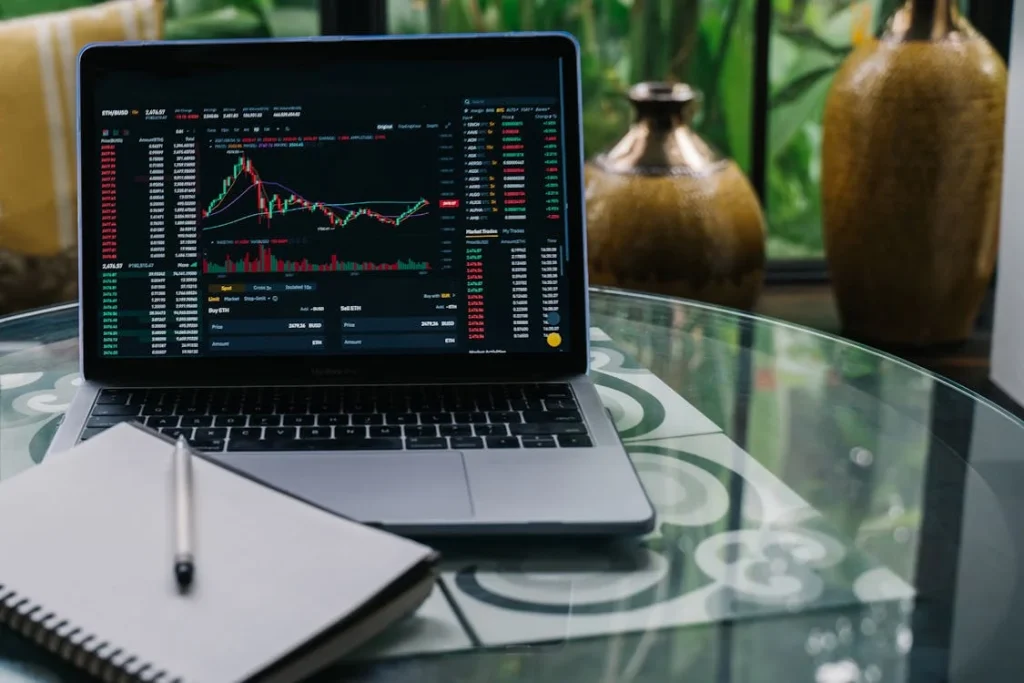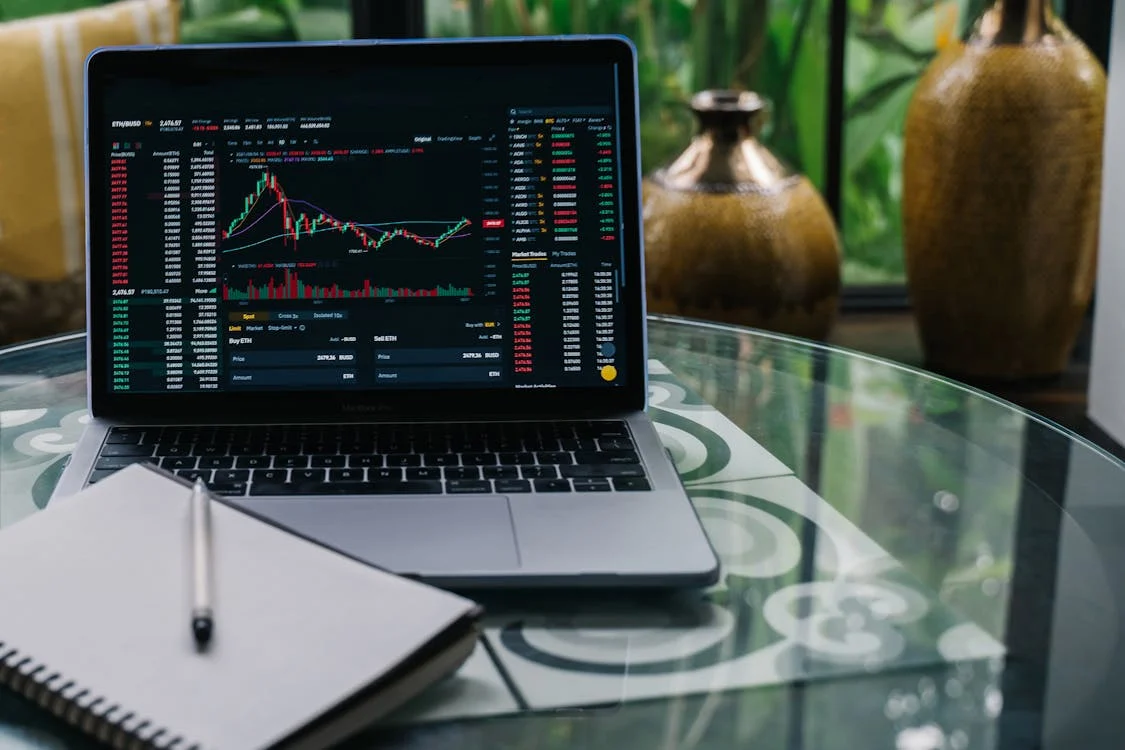Managing capital effectively is one of the most important skills for success in Forex trading.
Many traders focus heavily on finding the best strategies or predicting market movements, but often overlook the key element that can make or break their trading career: capital management.
In this article, we will explore why managing your trading funds properly is essential and how you can develop strong money management habits.

What is Capital Management in Forex?
Capital management refers to how a trader controls their investment amount, defines risks per trade, and protects their trading account from heavy losses.
It is not about maximizing profits in every trade.
Instead, it’s about staying in the market for the long term by minimizing unnecessary risks.
Why is Capital Management So Critical?
Even the best trading strategies cannot guarantee winning every trade.
Losses are a natural part of trading. Without solid capital management:
-
A few bad trades can wipe out your account.
-
Emotional decision-making can take over.
-
Recovery becomes increasingly difficult after big losses.
Professional traders understand that preserving capital is more important than chasing quick profits.
Key Principles of Capital Management
1. Risk a Small Percentage per Trade
One of the golden rules in Forex trading is to risk only a small part of your account on each trade.
Typically, it is recommended to risk no more than 1% to 2% of your total capital per trade.
For example, if your trading account has $10,000, the maximum loss per trade should be between $100 and $200.
2. Always Use a Stop-Loss
A stop-loss order automatically closes your trade at a specific price if the market moves against you.
It protects your account from large, unexpected losses.
Setting a stop-loss is not a sign of weakness — it’s a strategy for survival.
3. Avoid Overleveraging
While high leverage can boost profits, it also increases risk dramatically.
Overleveraging can turn small market movements into huge losses.
Choosing a reasonable leverage level and managing trade sizes properly is crucial for maintaining account stability.
4. Diversify Your Trades
Do not risk all your capital on a single trade or a single currency pair.
Spreading your risk across multiple instruments can help reduce the impact of a losing trade.
5. Maintain Discipline
Successful capital management requires strict discipline.
Traders must stick to their risk management rules even after a series of losses or wins, avoiding the temptation to increase risk to recover quickly.
Common Mistakes in Capital Management
-
Ignoring stop-loss orders
-
Risking too much on one trade
-
Trading emotionally after losses
-
Increasing position sizes aggressively after winning trades
Avoiding these mistakes will significantly improve your chances of long-term success.




